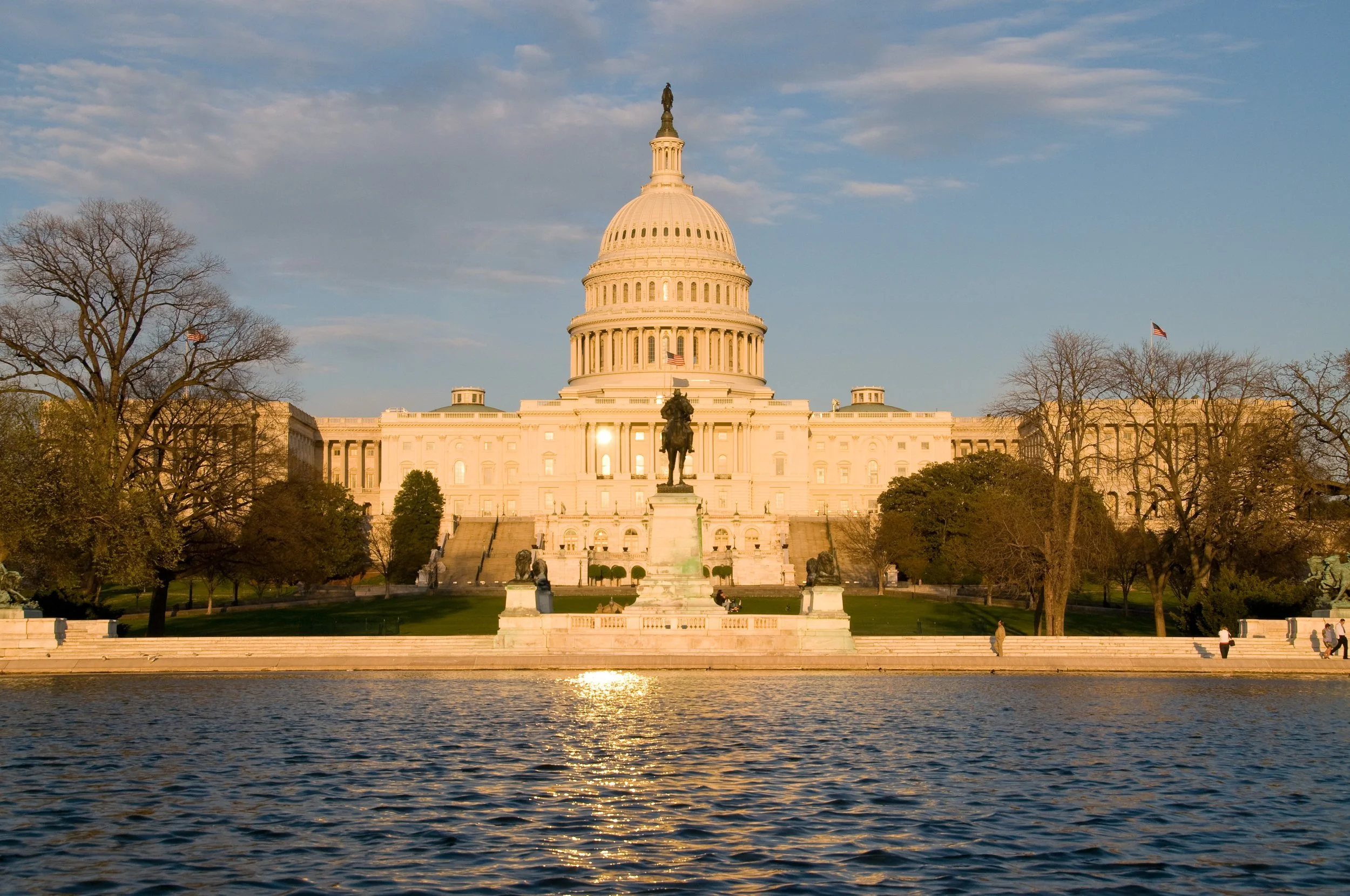The National Task Force to End Sexual and Domestic Violence ("NTF") serves as the non-partisan, non-governmental steward of the landmark Violence Against Women Act, first enacted in 1994 and periodically enhanced and reauthorized with Congress’ broad, bipartisan support.
The full membership of the NTF is comprised of a large and diverse group of national, tribal, state, territorial, local, and faith-based organizations committed to improving the responsiveness of VAWA to the urgent needs identified by the field to address domestic violence, dating violence, sexual assault and stalking.
H.R.1585, the Violence Against Women Reauthorization Act of 2019, the bill that the House of Representatives passed with strong bipartisan support in April, was inspired and informed by this critical input from the field about what survivors most need.
In October, 700 organizations from across the country signed a letter calling on the Senate to pass H.R.1585 or to introduce and pass a substantially similar bill with key enhancements that has the support of the gender-based violence field.
The letter re-affirmed that any bill that is introduced in the Senate must:
● make important improvements in prevention programming;
● safeguard important protections that ensure all victims have access to safety and justice;
● offer protections for survivors in federal, public, subsidized, and assisted housing and improve access to housing;
● enhance the safety of tribal communities by removing barriers that prevent tribal governments from prosecuting crimes committed on tribal lands;
● keep firearms out of the hands of adjudicated abusers and stalkers;
● improve support for survivors who need assistance in rebuilding financially;
● address the needs of underserved communities; and
● improve the healthcare response to domestic violence, sexual assault, dating violence, and stalking.
In these intervening months since the House passed H.R. 1585, the NTF has engaged in detailed, thoughtful, and respectful discussions about the content of a possible Senate VAWA bill with Democratic and Republican offices with H.R. 1585 as the starting point.
In light of these careful efforts and the fact that hundreds of organizations working directly with survivors have unequivocally expressed their support for H.R. 1585 and, what’s more, for a bipartisan Senate bill, the NTF is deeply disappointed to learn that separate and likely divergent measures to reauthorize VAWA will shortly be introduced.
Last Thursday, Sen. Ernst, one of the hoped-for champions of a strong bipartisan Senate bill, made a floor statement in which she reported that negotiations had broken down and characterized H.R. 1585 as a partisan political statement, to the NTF’s great surprise and concern. She announced her intention to introduce her own proposal to reauthorize VAWA in the near future.
Sen. Ernst concluded, however, by reiterating that she remains “hopeful that we can continue to work in a bipartisan way” to reauthorize VAWA. The NTF welcomes and reciprocates this still-open door. We share that principled goal for VAWA 2019, as we have for all prior reauthorization cycles.
If separate bills are indeed introduced in the coming weeks to reauthorize VAWA, the NTF will evaluate each on its own merits, according to how close a companion it is to the bipartisan-endorsed H.R. 1585 and on its responsiveness to the needs identified by the field. Our analysis will continue to be independent of the political party of the proponents, and our advocacy will continue to appeal to all for bipartisan collaboration.
